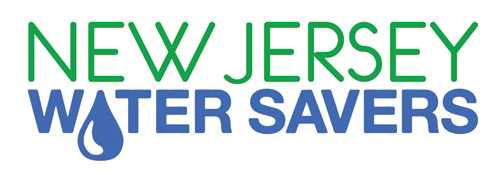NJ WATERSAVERS
![]()
A Municipal Guide to Promote Rainwater Harvesting ~ Rain Barrel Programs
Introduction
The cost of water in the United States currently is much lower than its value. Over 884 million people, 13% of the world population is without access to clean drinking water. While other countries can only dream about having a daily clean supply of water, residents of the United States are enjoying long showers, fresh drinking water, and the ability to flush their toilets as many times a day as they would like. During the summer months, the United States' water use increases by approximately 40%, through watering vegetable gardens, landscaped beds, and lawns. To establish sustainable communities, water use objectives should include reducing the amount of stormwater runoff coming from our homes, businesses, and commercial buildings and conserving the water used indoors and outdoors. One way to do this would be to use a rain barrel to harvest the rainwater.
There could be a substantial decrease in the demand on potable water supplies if harvested rainwater was used for irrigation instead of municipal drinking water supplies. According to US EPA, half the world will be facing water supply constraints by 2025, making it more important than ever to conserve potable water by harvesting rainwater for non-potable uses. Everyone can do their part by simply installing a rain barrel or two to harvest the rainwater from their rooftops.
What is a rain barrel?
-
A 45-60 gallon container that captures rainwater from a rooftop downspout
-
Typically, rain barrels are constructed from high density polyethylene plastic which is highly durable and able to withstand the elements.
-
Some rain barrels are constructed from old oak wine barrels, while others are simply plastic trash cans.
Why a rain barrel?
-
Reduces demand on well or municipal potable water supplies by harvesting free rainwater
-
Provides environmental benefits to local watersheds through reducing the volume of stormwater runoff
-
Provides a good source of chemical-free water for plants
-
Can be painted to enhance landscape motif
-
Can be used to fill birdbaths and for other non-potable uses such as flushing toilets when a well pump is not working or washing cars
-
Helps replenish groundwater supplies because overflow from the rain barrel is often directed to a pervious lawn area
This Municipal Guide will discuss programs and activities that municipalities can adopt to promote conserving water and minimizing the amount of runoff coming from homeowner’s properties. These programs are based upon research and the results of demonstration projects that have been performed by Rutgers Cooperative Extension and other professionals throughout the country.
Here is what municipalities can do to help homeowners obtain rain barrels
-
Sponsor and host a “Build a Rain Barrel Workshop”
-
Conduct rain barrel truckload sales to offer barrels at a reduced price
-
Organize Rain Barrel Art Programs

